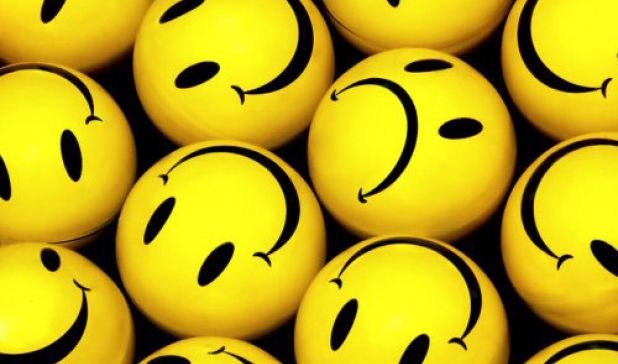Mood Memory and How You Can Break the Cycle
Psychological theories are important in understanding the concept of mood memory. People always have negative thoughts. Negative thoughts comprise bad or traumatic experiences in life such as the loss of a job or the death of a loved one. Many people also struggle to remember happy or positive experiences in their life. Continuously experiencing negative thoughts is harmful to people because it can result in negative mood memory and health results such as stress and depression. Depression is a negative emotion that negatively influences all life activities such as eating, social interaction, work, learning, and sleeping.
First depression effect
Depression affects memory in two major ways. The first effect of depression is causing mood dependent generation of negative mood memories. The connection between emotion and memory is based on the reciprocal feedback loop. The mood influences the memories within the mind, and the mind memories determine the mood state of the person. When a person is happy, he or she remembers nice autobiographical experiences which increase the positive feeling. However, individuals in depressed mood memory state have challenges. Depressed people recall experiences that are mostly negative. People who are not depressed recall less negative experiences. Remembering develops a cycle that ensures the existence of the negative emotional state as a mood memory.
Second depression effect
The second depression effect is that depressed individuals remember more general memories. People who are not depressed remember less general memories. Psychological theories show that general mood memories comprise repeated experiences. A depressed person can state that he works every day, instead of explaining the activities that his or her work entails. Depressed individuals have more general mood memories, and hence they have challenges when getting specific information from their memories.
Conclusion
In accordance to psychological theories, people who are depressed are more likely to generate negative autobiographical events. This implies that they are slow towards retrieving happy memories. Mood memory affect depression and thus it can be effective in breaking the cycle. Mood memory regulation can be achieved positively through autobiographical memories that generate happy memories when a person is experiencing sadness.
